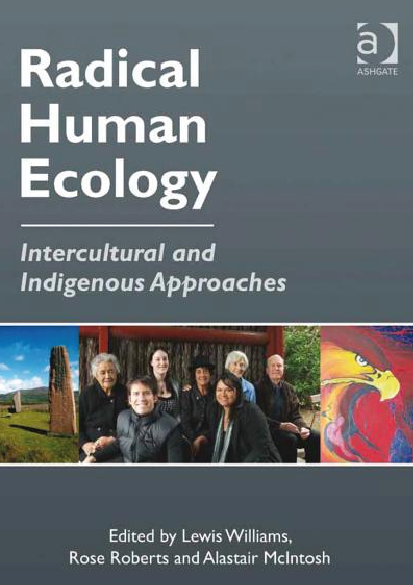Dear Aubrey
Yes I sure support GCI's proposal to the UNFCCC, strongly.
All best wishes
Ulrich
Some old traditions have indeed become extremely dangerous; as Koestler (1967) pointed out, individuals are unable commit acts of extreme violence and evil unless backed by strong communal myths. Few wares were more gruesome or more passionately pursued than religious ones, especially by those with high ideals of brotherhood and love. Many of those disputes are triggered by shortages of resources. It is a sad indictment of society that war is still and honoured, if regretted, method of making decisions. Territoriality remains a primal force, and we can expect more wars in the future pver space and resources, (Malmberg 1980). This becomes part of the question about Where humans live.
Poverty is similarly deeply imbedded III natural heritage, Most animals have a pecking order of some sort, which leaves those at the bttom poor. To make poverty history will require fundamental changes in society, that revise millions of years of evolution and hundreds of millennia of human cultural development. Now that the world population has grown so large and IS stll growing the physical limits to alleviating extreme poverty have made the task more and more difficult, perhaps impossible. If the majority poorest consume less than I/100th of the minority rich, the global commons can no longer provide adequately on a per capita basis. This may yet be the problem with the current international negotiations on climate change, such as the Contraction and Convergence proposal (Meyer 2000), which has been widely accepted in principle but not followed in practice.
This mixed heritage of natural and cultural influence determines How and Where we live. The ways in which we make decisions, and the influence of the heritage is the subject of psychology.
Psychology spans the gulf between the humanities and the sciences and becomes a vital area for probing our Human Ecological attitudes. I am not competent to write about this vast field. But it clearly has a main part to play in the attitude of Human Ecology. The evolution of consciousness is central. Understanding this is now advancing with new insights into the workings of the brain, and the processes of decision-making. Psychology raised questions about who am l, the conscious individual or my unconscious self!
Dr Ulrich Loening
ex-Director of the Centre for Human Ecology (University of Edinburgh)

